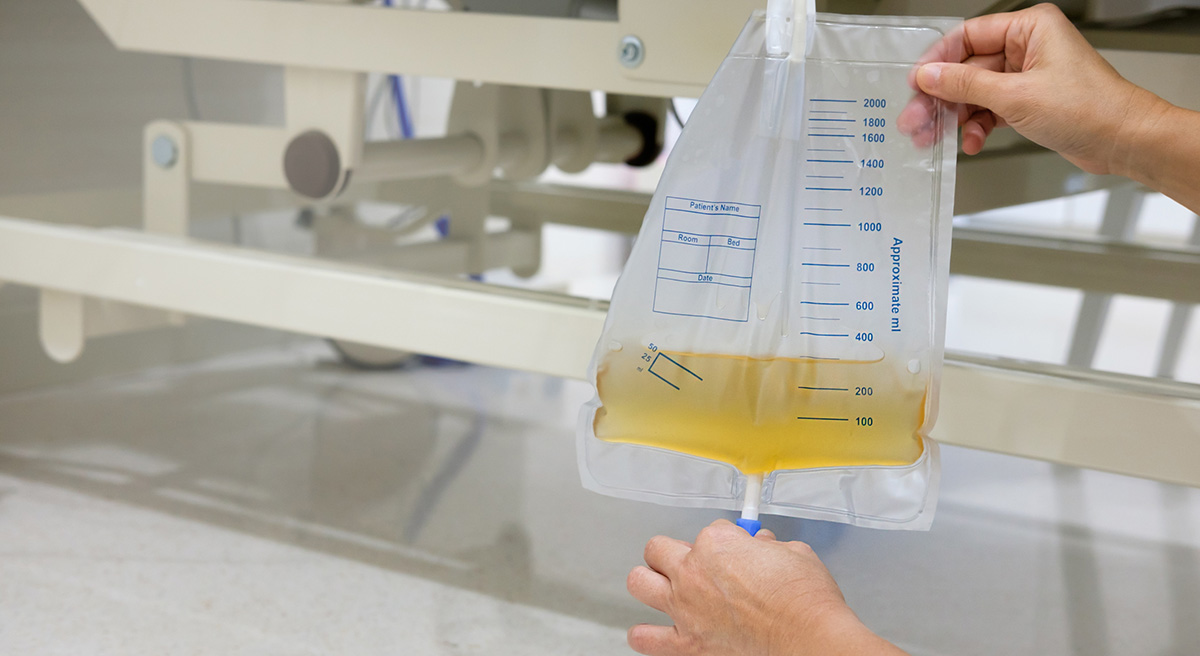The Symptoms & Causes Of A Kidney Infection
Risk Factors Continued

Nerve damage around the bladder can also result in a kidney infection as nerve or spinal cord damage can block the sensations of a bladder infection, resulting in the patient being unaware when a kidney infection is further developing. A urinary catheter is a tube used to drain urine from the bladder, which can be placed during or after surgical procedures and diagnostic tests, and due to its invasive nature can cause a kidney or bladder infection. Also, a condition causing urine to flow the wrong way, such as vesicoureteral reflux, which is when small amounts of urine flow from the bladder back up into the ureters and kidneys, results in the patient being at a higher risk of contracting a kidney infection.
Complications It Can Lead To

When a kidney infection is left untreated, or even if treatment is delayed, it can lead to potentially serious complications such as kidney scarring, blood poisoning, and pregnancy complications for an expectant mother. Kidney scarring is one of the complications that can further lead to chronic kidney disease, high blood pressure, and kidney failure. For more information on kidney failure, check out Acute Renal Failure Symptoms And Causes. Blood poisoning, formally known as septicemia, occurs when a kidney infection causes bacteria to spread through the bloodstream, infected and contaminating healthy blood cells necessary for keeping the body functioning properly.
Lastly, pregnancy complications an expectant mother can experience when dealing with a kidney infection include an increased risk of the infant being born with a low birth weight, which can lead to further health complications for the child. It is essential that once diagnosed a patient should receive the proper care and treatment for a kidney infection as it can lead to many other health issues, and in severe cases, can be fatal.
